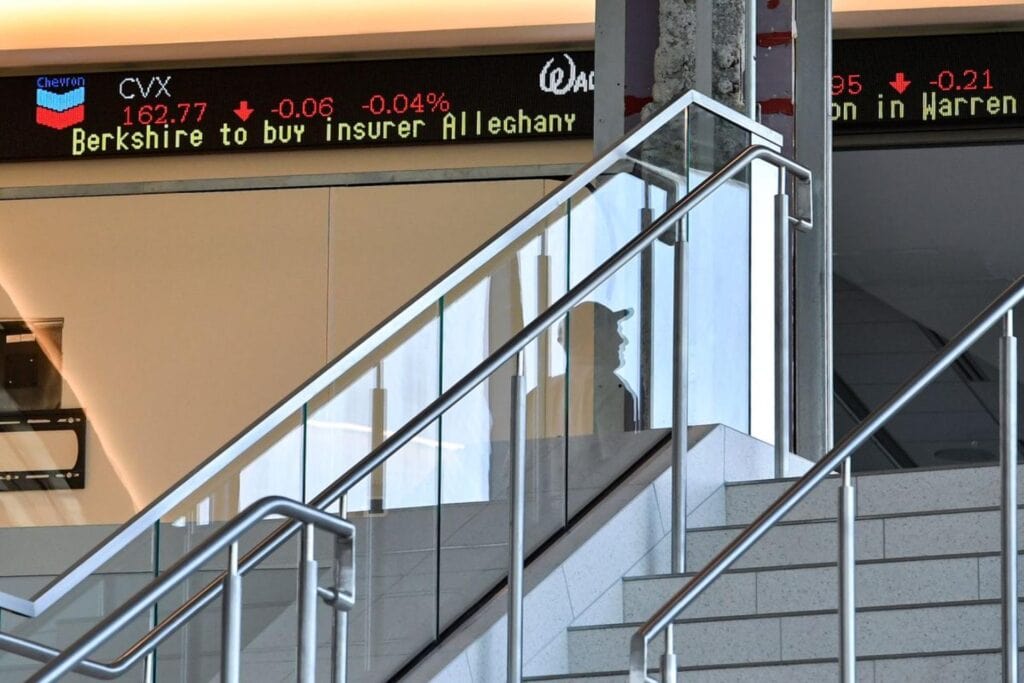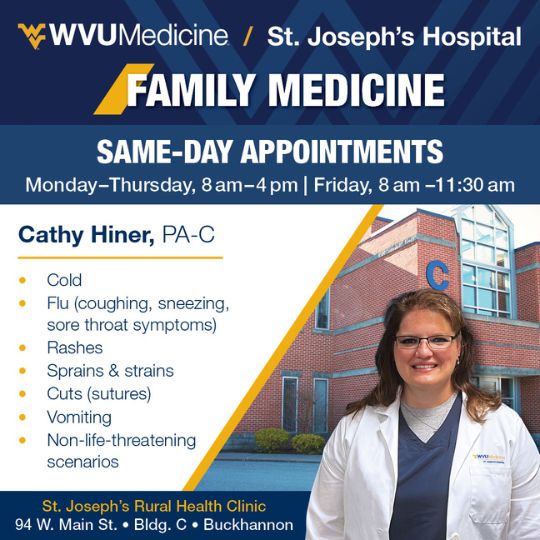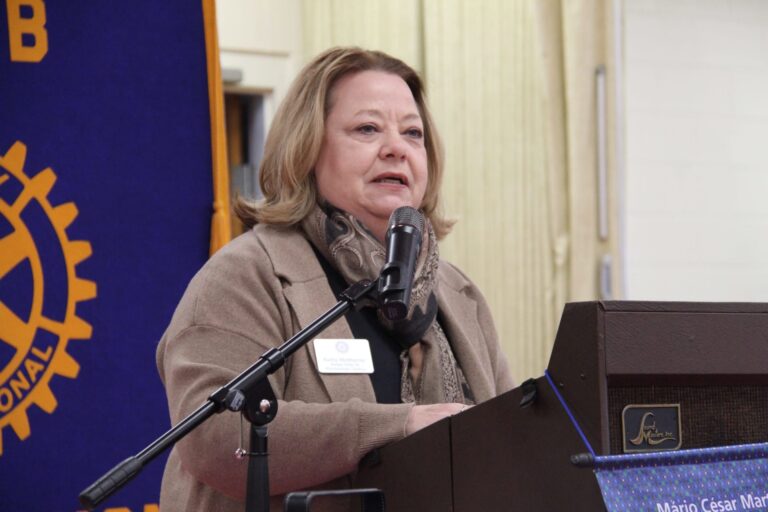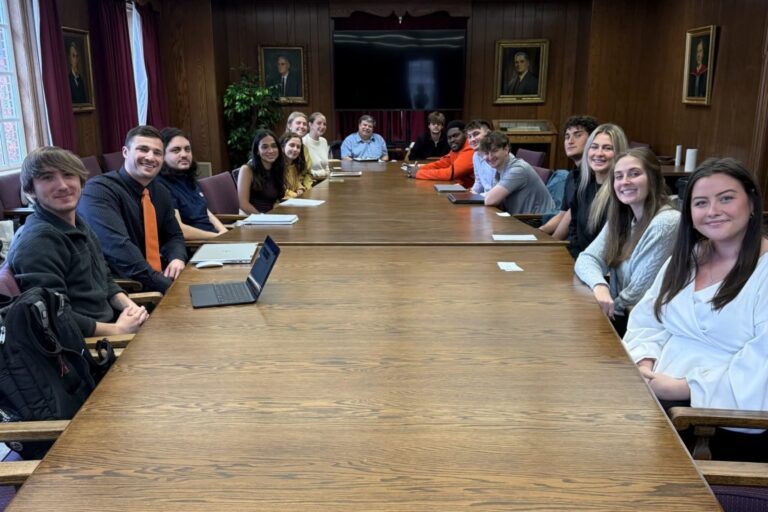West Virginia University research shows the stock market shapes chief executive officers’ commitments to innovation through mechanisms that range from CEO pay packages to feedback from financial analysts.
“The investment industry usually views financial analysts’ feedback, such as earnings forecasts, as impeding innovation because of the pressure the feedback puts on CEOs,” said Xinchun Wang, associate professor of marketing at the WVU John Chambers College of Business and Economics. “But not all feedback provided by analysts generates that kind of pressure. Stock recommendations actually foster explorative activities like research and development — investments that, although risky, can positively affect long-term returns.”
In a paper in the Journal of the Academy of Marketing Science, Wang and his co-author examined the effect of feedback from financial analysts on CEOs’ corporate strategizing. They found analysts’ stock recommendations swayed management decisions indirectly, by influencing investors and consequently stock prices, and directly, when analysts and management interacted during meetings in which analysts questioned or sought clarification on company strategy.
Firm management pays close attention to stock recommendations, Wang said, pointing to the ongoing recommendation by Goldman Sachs analysts that investors sell their stock in Imax. That recommendation has spurred Imax’s CEO to repeatedly emphasize his efforts to change the company’s rating by building an innovative new business model that goes beyond the traditional movie theater.
“Financial analysts are information intermediaries between a firm and its investors, and their feedback about current performance and future returns is critical to management,” Wang said. “Compared with earnings forecasts, which focus on short-term financials, stock recommendations reflect analysts’ evaluations of a firm’s investment potential. They’re based on long-term evaluations of future cash flows. CEOs can’t respond to stock recommendations with short-term actions like temporarily reducing R&D expenses — analysts expect to see strategic changes.”
Long-term investments in innovation are indispensable to a company’s success, he emphasized.
“Look at Adobe. That company experienced declining revenues for two years after transitioning from license sales to cloud-based subscriptions in 2013. But CEO Shantanu Narayen stayed true to the firm’s long-term strategic intention, and by 2022 revenue was up almost 500%.”
Unlike Narayen, however, many CEOs sacrifice future sustainability for immediate returns — often having been incentivized to do so by their compensation packages, Wang said.
For a paper published in the Journal of Product Innovation Management, Wang investigated the relationship between CEOs’ strategic short-sightedness, or “myopia,” and the way they are paid.
He found CEOs who are about to exercise stock options — buying their company’s stock at a set low price and reselling it at the higher current market price — are prone to temporarily boosting their firms’ stock prices by cutting innovation-focused expenditures on research and development.
“Myopic CEOs prioritize short-term gains over long-term returns,” he said. “When CEOs cut R&D expenditures to inflate earnings and raise the stock price, that’s myopia. Paying CEOs in stock options incentivizes them to be myopic and to drive stock prices as high as possible before they exercise their options. That was one of the motivations of WorldCom CEO Bernard Ebbers, who was charged with securities fraud for falsely inflating WorldCom’s earnings to manipulate stock prices and benefit his personal interests.”
Wang said CEOs who have more power, such as those who also hold positions on their companies’ boards of directors, are under less pressure to promote innovation. They can afford to pursue opportunistic strategies that serve their own goals.
He pointed to one survey of more than 400 corporate executives, 80% of whom admitted they would cut spending on R&D, advertising and maintenance to meet an earnings target.
“Those cuts happen when compensation plans reward short-term success and CEOs are given too much power,” he said. “Powerful CEOs can even protect their personal profit by designing their own compensation systems with fewer performance-based incentives.”
But a firm with a history and culture of innovation can exert its own pressure on the CEO, Wang noted.
“It’s particularly important for organizations to promote innovation when their CEOs are faced with underperformance pressures that are raising shareholder concerns. Boards of directors should mitigate that performance pressure by emphasizing to their CEOs the importance of long-term innovation investments,” he said.
“Stakeholders also need to pay close attention to a CEO’s actions as the time for exercising stock options approaches. Companies need specific guidelines regarding when and how CEOs can exercise or sell their stock options, and CEOs need to understand how their firms will monitor them to prevent myopic behavior.”













